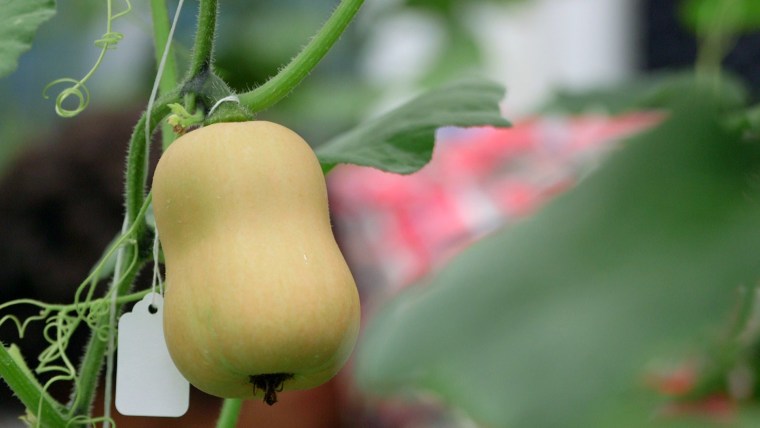Artificial intelligence, new smartphones and missions to Mars now dominate innovation headlines, but seemingly less sexy scientific progress is landing on our plates every day. And it's making the food we eat better, safer, more abundant, and more delicious in the process.
“The future of agriculture is certainly going to look different,” says Michael Mazourek, assistant professor at the School of Integrative Plant science at Cornell. “Every growing season now is looking different than the last. A lot of the stability we’ve counted on has looked different. People are increasingly concerned about all the synthetic inputs that are going in.”
Related: How Scientists Verified One of Einstein's Controversial Theories
Mazourek and his team breed plants using cross-pollination, something bees do naturally in the garden, but he does “with more guidance, more direction.” They then combine the strengths of different vegetables to get the best of each, aiming to help crops resist diseases and make them better able to withstand changing climates. The Cornell team plants hundreds of the experimental crosses each summer and keeps seeds from the best-of-the-best in a cataloged library, which lets Mazourek look back at the evolution of each harvest to understand the changes, adapt different plants and create forward progress.
Beyond tinkering in the fields to dial in the right seeds for the environmental shifts, Mazourek works to create more delicious and nutritious crops that will yield larger harvests, breed smaller and more manageable sized vegetables (that also concentrate stronger flavors), and to evolve distinctive stripes and color indicators that help growers know when a plant might have reached its peak.
“A lot of what we develop here is going to find a home in a seed catalog, or a new variety that might be being grown at your local farmer’s market,” Mazourek says. “Now the consumer is starting to appreciate quality again, so hopefully we’re working toward a much more sustainable, delicious food system.”
For more of the breakthroughs changing our lives, follow NBC MACH.
